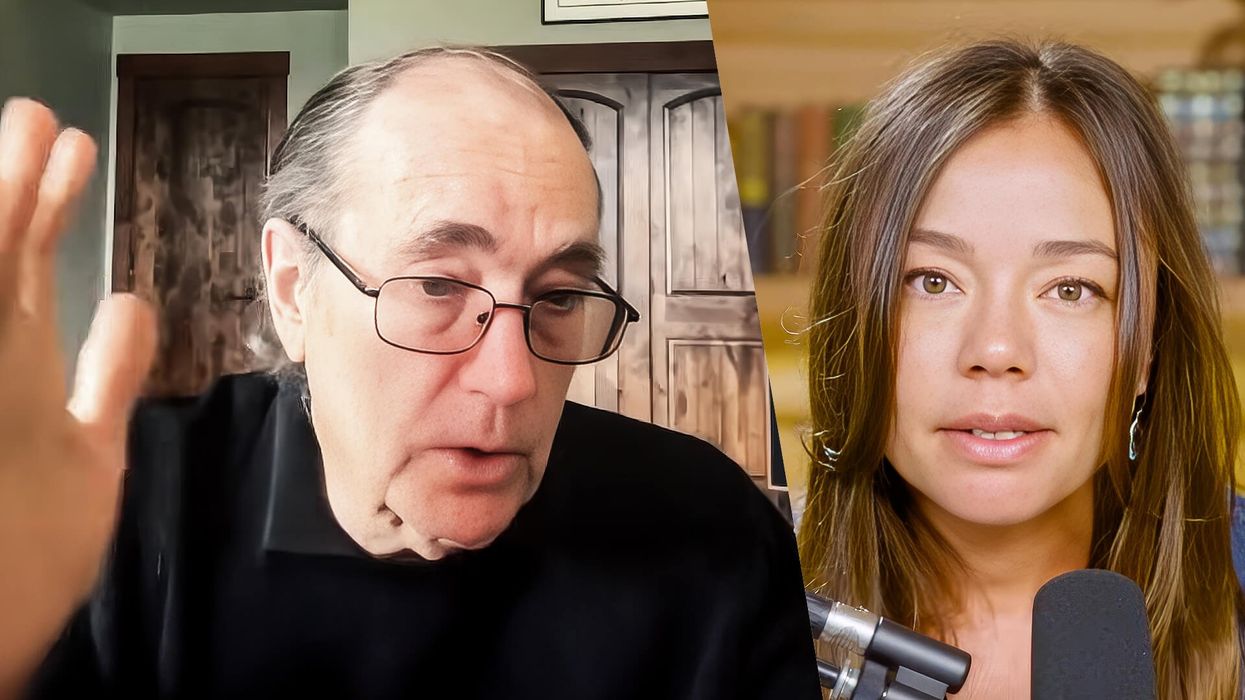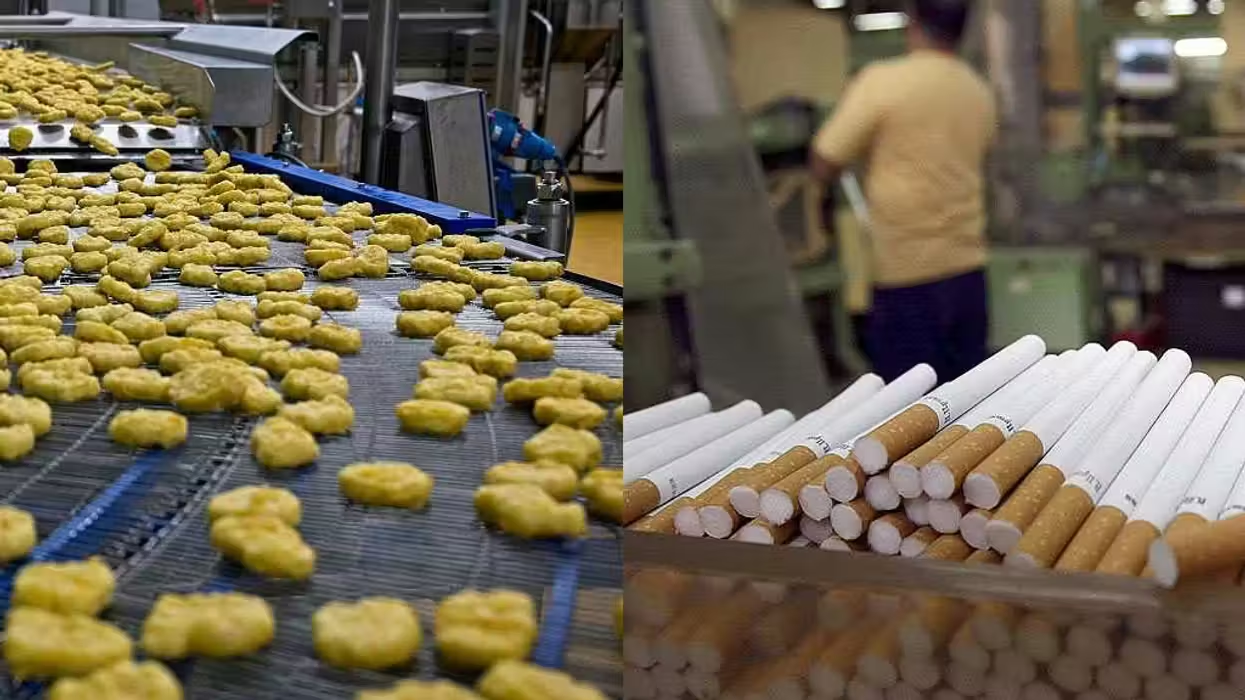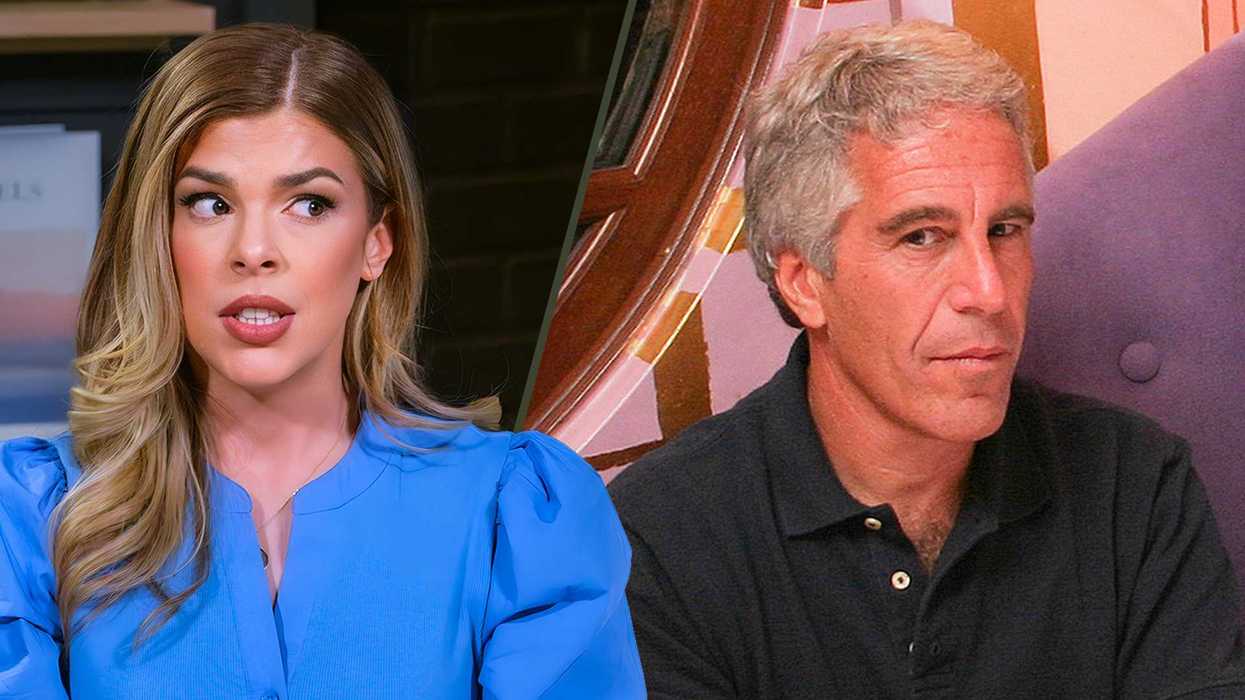
© 2026 Blaze Media LLC. All rights reserved.
Glyphosate 101: What you need to know about America’s most popular pesticide
June 21, 2025
Glyphosate is a word that’s beginning to slip into public consciousness as the MAHA movement continues gaining momentum. For those unfamiliar with the term, glyphosate is a chemical used in weed killers, like Roundup, which is the most popular herbicide in the United States. Since its development in 1970, we’ve been told it’s safe for humans and the environment by its manufacturers and by several regulatory agencies.
But surprise, surprise — now that we’re in an era of being honest about the additives and chemicals involved in our food production, it turns out that glyphosate is carcinogenic.
To get the scoop on this harmful chemical, Nicole Shanahan, BlazeTV host of “Back to the People,” invited Harvard-educated agricultural economist Dr. Chuck Benbrook, who’s spent his entire career fighting against the use of pesticides, to the show.
“The evidence is strongest linking exposure to glyphosate and glyphosate-based herbicides … with non-Hodgkin lymphoma” — a type of cancer that attacks the lymphatic system, disrupting the body's ability to fight infections, says Dr. Benbrook. However, “there's a new study coming out in just a matter of days linking glyphosate and glyphosate-based herbicides to leukemia.”
Glyphosate, he explains, “[disrupts] DNA replication in people's bone marrow as their new blood cells are being formed,” which is exactly how “non-Hodgkin lymphoma and leukemia start.”
Despite the mounting evidence proving glyphosate is carcinogenic, farmers are highly motivated to protect it from stricter regulations and potential banning. Chemical pesticides, like glyphosate, are “very seductive for farmers,” as they are “a simple solution to dealing with weeds or insects or plant diseases,” says Dr. Benbrook.
Farmers’ “overreliance” on pest and weed killers has created a booming industry that pesticide companies will fiercely guard. Just like vaccine companies gained legal protection from lawsuits for vaccine injuries through the National Childhood Vaccine Injury Act of 1986, “the pesticide industry is working very hard to to try to change federal and state laws so that pesticide companies can't be sued in state court over harms from pesticides,” say Dr. Benbrook.
Eating organically produced food seems like a logical option to avoid the harms of glyphosate, as the USDA National Organic Program prohibits the use of synthetic pesticides, including glyphosate, in organic farming.
Unfortunately, it’s not that simple.
“I'm hearing from a lot of parents who are on all-organic diets [and] eat super clean, and their family members have really high levels of glyphosate coming back in their urine analysis,” says Nicole.
“It’s very difficult to avoid glyphosate completely through the American diet,” says Dr. Benbrook, noting that restaurant food, the water supply, and the very air we breathe can be contaminated with glyphosate. It “is so ubiquitous in the environment and in the food supply.”
To hear more of Nicole and Dr. Benbrook’s conversation on glyphosate, as well as genetically modified food and sustainable food production, watch the episode above.
Want to leave a tip?
We answer to you. Help keep our content free of advertisers and big tech censorship by leaving a tip today.
Want to join the conversation?
Already a subscriber?
News, opinion, and entertainment for people who love the American way of life.
BlazeTV
BlazeTV Staff
News, opinion, and entertainment for people who love the American way of life.
@BlazeTV →more stories
Sign up for the Blaze newsletter
By signing up, you agree to our Privacy Policy and Terms of Use, and agree to receive content that may sometimes include advertisements. You may opt out at any time.
Related Content
© 2026 Blaze Media LLC. All rights reserved.
Get the stories that matter most delivered directly to your inbox.
By signing up, you agree to our Privacy Policy and Terms of Use, and agree to receive content that may sometimes include advertisements. You may opt out at any time.






